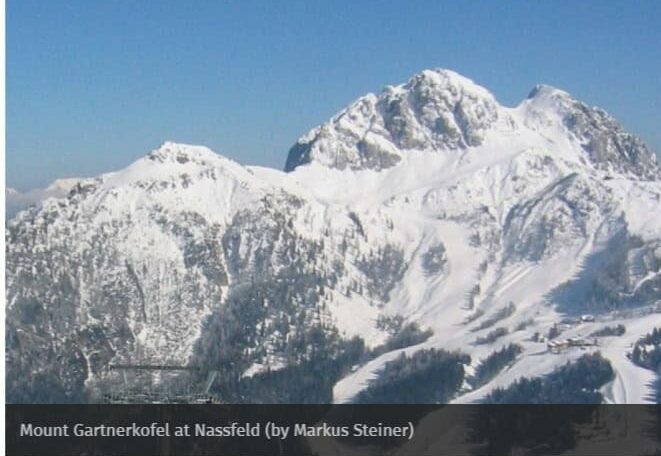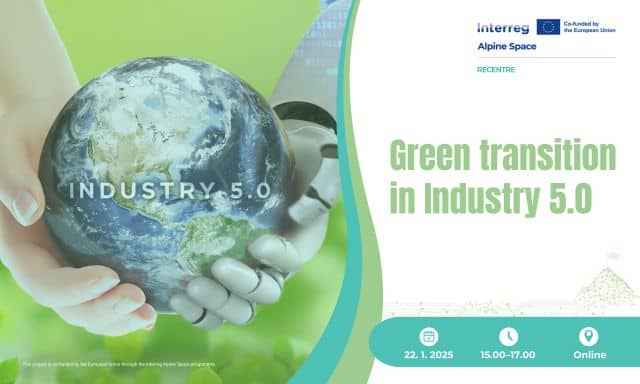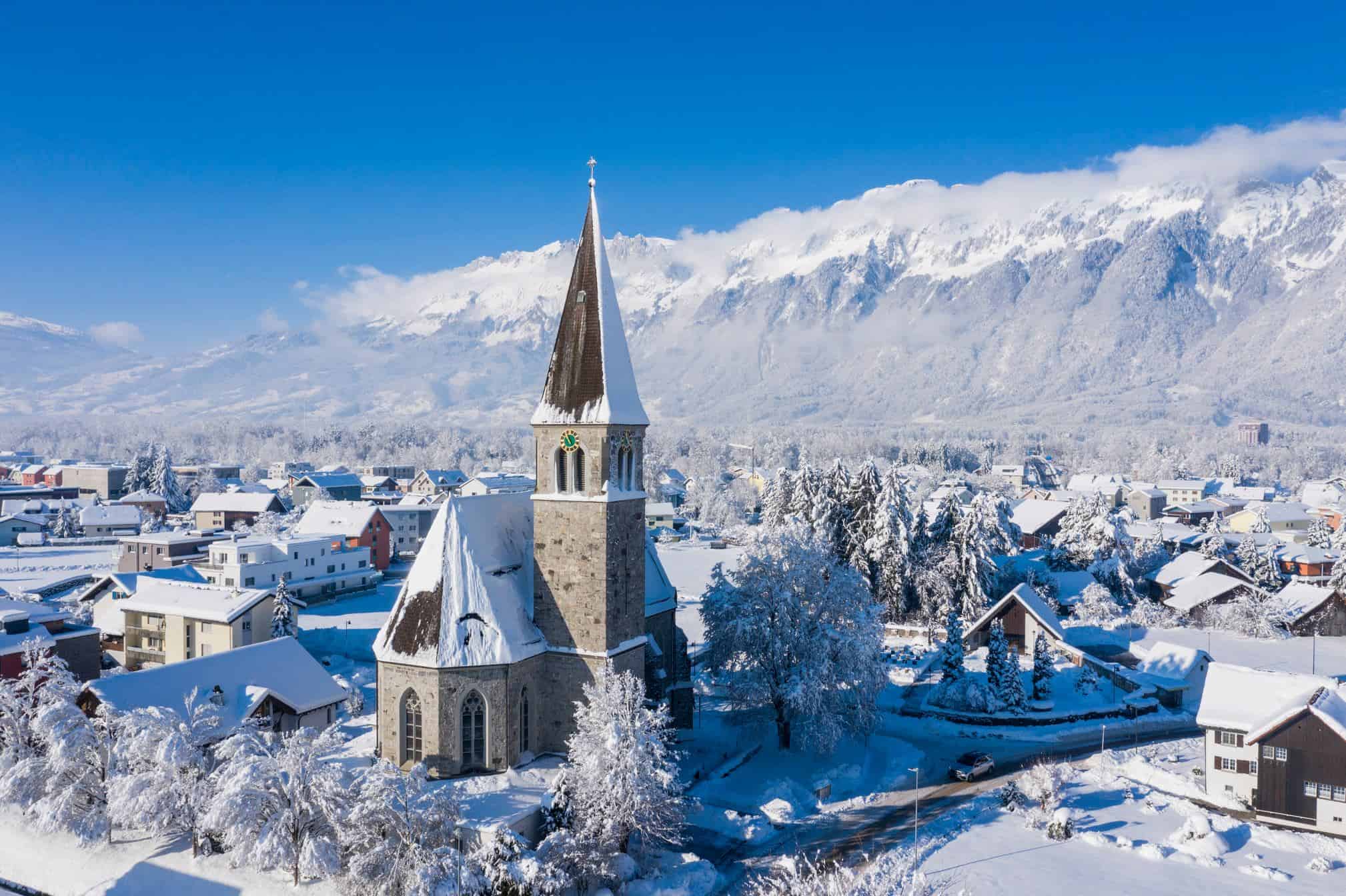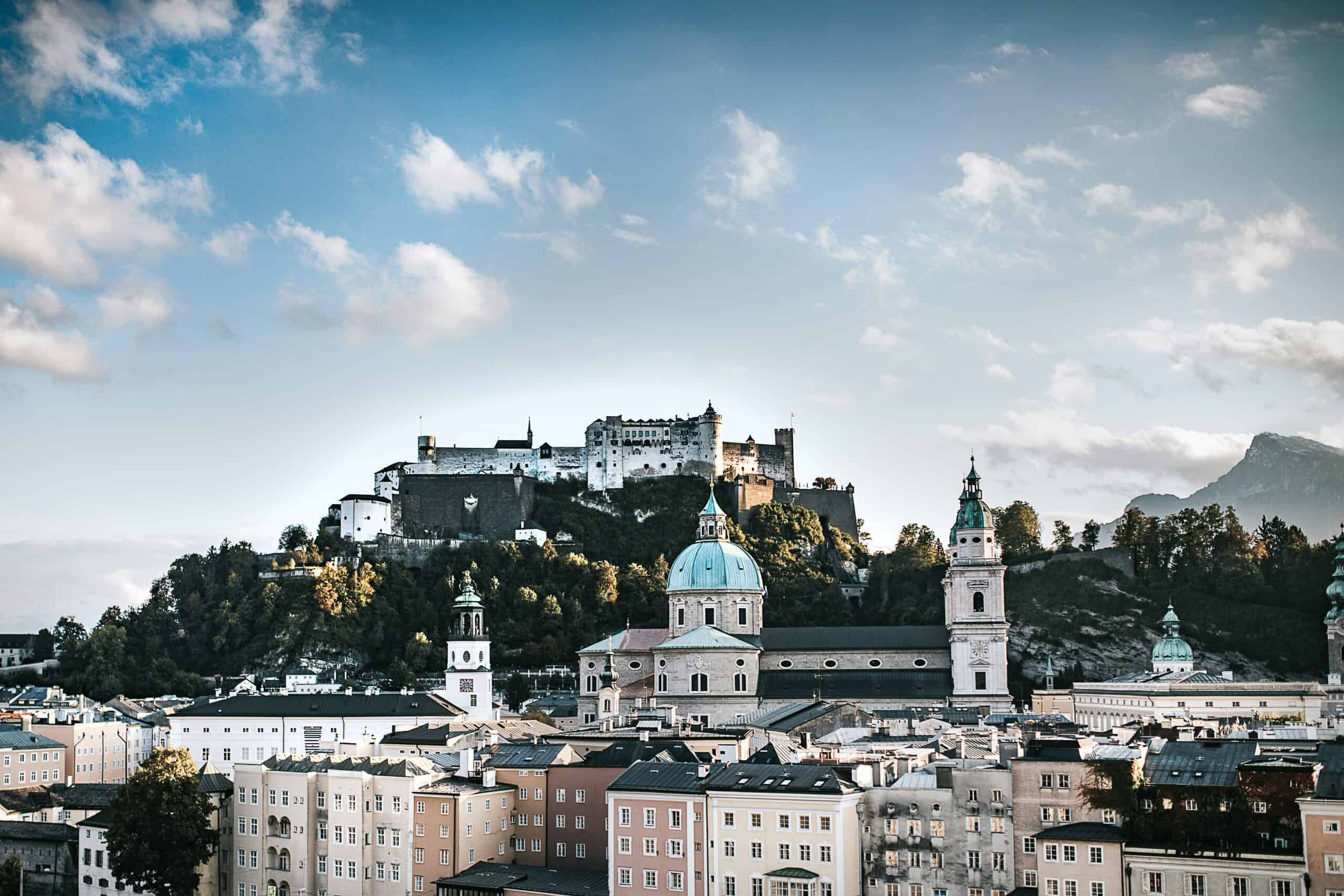
ABSTRACT
Climate change presents a considerable threat to the tourism industry, with mountain ski resorts experiencing the most significant impact. In the context of the Interreg Alpine Space TranStat project, participatory methods are being employed to investigate the challenges currently facing Kranjska Gora, with a particular focus on those related to climate change. A total of around twenty key stakeholders, identified through a stakeholder network analysis, participated in a workshop. In collaboration with the aforementioned stakeholders, we identified a number of change factors that have already had and will continue to have a significant impact on the transformation of Kranjska Gora. A PESTLE analysis was conducted during a workshop in order to identify the key challenges within the following five areas: political, economic, social, technological and environmental. Despite significant challenges caused by climate change, other drivers of change were found to be equally important, including overtourism, the local economy, environmental problems and demographic change, among others. These factors affect the real estate market, alter the local economy, cause environmental problems, erode the local identity and influence demographic change. For Kranjska Gora, demographic change is arguably one of the most significant, as the local population, and particularly the younger generation, is essential for the sustainable transition of the Kranjska Gora. With ageing of population and a corresponding decline in the number of young people, the future of tourist centre is at risk. The project will further investigate potential avenues for the sustainable transition of mountain resorts and provide recommendations for policy makers to support them in planning a sustainable transition.
Programme events
Project events





